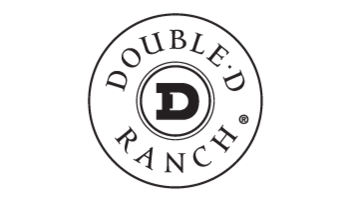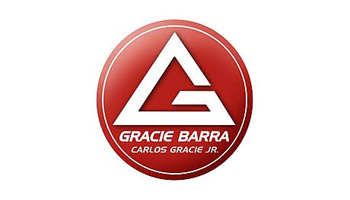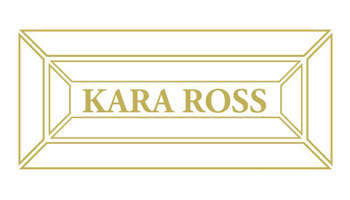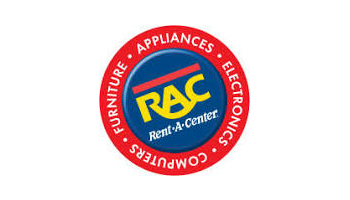Recently, we touched a little on this notion. One of the things we focused on in a previous post is undercharging and how it’s not really helping anyone. Because that’s such an easy pitfall to succumb to, we felt that it would be good to talk about undervaluing yourself as well as your business and products.
While undervaluing your business and yourself usually comes from low self-esteem or a lack of confidence, it can also be the result of trying to get clients in the door or prevent them from leaving.
Let’s pretend that…
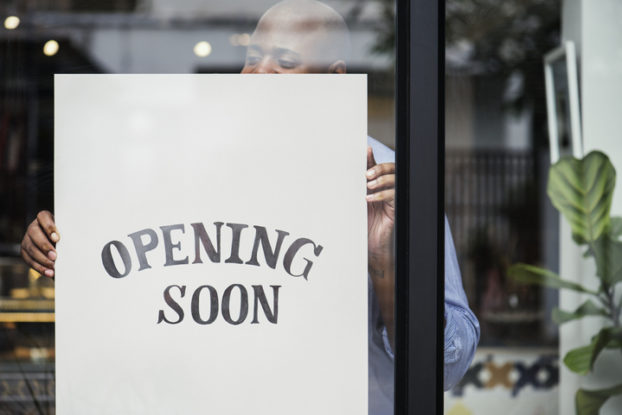
You’re a new business and you want to succeed. You’ve got a solid staff, your products rock, and you’re ready to change people’s lives! There’s just one problem… Nobody is paying you much attention. So what do you do?
At this point, you’re probably tempted to start throwing up some discounts. People are noticing you but they’re not buying from you. Or perhaps clients are checking out your products but walking away from the digital shopping cart without entering their credit card info. So you start luring them back in with the discount red carpet. And while this can definitely get people in the door, you can undervalue both yourself and your products if you’re not careful.
Not all discounts are bad discounts…
Once again, offering discounts or incentives to attract new customers is a great marketing strategy. We’re not chastising ANYONE who does this. What we are cautioning you against is undervaluing your products and essentially “giving away your business for free.” As we’ve discussed before, if you’re offering too heavy or discounts or offering them too frequently, you’re going to attract the wrong kind of clients.
You’re also going to put an unattractive label on your business that tells potential clients that your services really aren’t worth the price tag. Plus you’re conditioning customers to walk away or demand higher discounts for your services. So if you’re offering a discount or a freebie, offer something low and stick to your guns. If you’re offering 10% off to new customers, stick with it. Don’t let them bully you into any higher percent.
A happy medium is to offer new customers 10-20% off their first purchase or a “freebie” such as a 10 minute consultation. You can also take advantage of holidays such as Cyber Monday and Black Friday to offer discounts or a small freebie. Just remember that you’re here to make money, not give your business away! 🙂
What Exactly Does Undervaluing Yourself & Your Products Cost You?
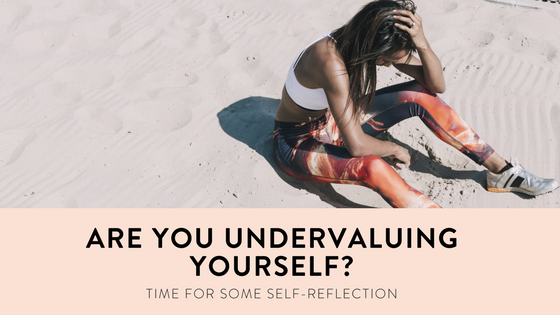
The short answer is everything.
Undervaluing yourself (as well as your products/business) can cost you:
- Your business
- Your self-esteem
- Your clients
- Your bank account
- Your confidence
- Your mental health
And that’s just the tip of the iceberg really. Let’s break it down a bit further:
1. Undervaluing Can Cost You Professionally
As we’ve already implied, undervaluing your products can cost you professionally. If you’re offering severe discounts (think 50-75% off) or frequently (all a customer has to do is send an email to get a higher discount), then you’re losing money. Duh 🙂
You’re also losing out on clients that will pay you what you’re worth. Word travels fast and if customers see you giving away your products or offering discounts, they might start wondering if your services are actually worth anything. If they were worth their salt so to speak, wouldn’t you charge full price?
Try to think of it from a client’s perspective. Let’s pretend that you’re shopping for a bracelet for your wife. You have a good idea of what you want in mind. You come across two different shops:
Shop A has the bracelet for $150. The retailers are very helpful and knowledgeable. They answer all the questions you have regarding the product and assure you that it’s the highest quality. As you look the product over, you do notice that it looks and feels great in your hands. It’s definitely a quality piece.
Shop B has the bracelet for $50. The retailers are still pretty helpful, but they’re kind of shady when it comes to answering questions. And chances are, you’re probably wondering why Shop B has the bracelet for $100 less. You might also be wondering what’s wrong with the product. If they can offer it for so cheap, then it’s gotta be flawed right?
Chances are, you probably went with Shop A. Even though Shop B was much cheaper, you probably couldn’t shake the feeling that you were getting the raw end of a deal. This is what customers see when you’re undervaluing your business and products.
2. Undervaluing Costs You Financially
This is a pretty obvious one. If you’re charging what Shop B is for the same bracelet, then you’re losing out on money. Shop A is making an extra $100 off their bracelets.
Let’s say that you’re Shop B and you sell 10 bracelets. You’ve made $500 off your products, congrats!
Shop A only sells 5 bracelets to your 10. You’re probably feeling pretty good here until you realize that Shop A made $750 off their bracelets. Sure, they sold less but they made quite a bit more than you… And they didn’t have to undervalue their products to do so.
Now as Shop B you’re stuck with this price point or one that’s close to it. Since you’ve primed your customers for huge discounts, they probably aren’t going to give you what you want if you try to raise your prices at any point.
The lesson here? “A slow dime is better than a fast nickel.”
3. Undervaluing Costs You Personally
Low self-esteem can cost you a lot.
“People with low self-worth seek constant, bordering on irritating levels of assurance from their partners. That leads to insecurities, and the last thing something as complex as a human relationship needs is one member doubting the other’s commitment because they don’t believe they’re worth being with in the first place.” –https://www.keepinspiring.me/how-to-build-self-confidence-undervaluing-yourself/
In other words, low self-esteem will put a strain on your relationships. Whether they’re professional, romantic, or personal it can have a negative effect on these types of relationships.
Professionally speaking, you might start treating your staff and clients negatively. You may try to cling to clients or come off as needy to potential customers. Obviously these are off-putting behaviors.
4. Undervaluing Costs You Mentally
Undervaluing yourself can lead to low self-esteem and can also lead to depression, anxiety, insomnia, addictive behaviors that are toxic (turning to drugs, alcohol), and more.
That one is pretty obvious right? But what you might be wondering is how does undervaluing your business/products affect you mentally? Well, it can cause you to look at your business or services in a negative light. If you’re Store B charging $50 for your bracelet while Store A charges $150, you might start thinking that there’s something wrong with your bracelet. Sure, it’s the exact same as Store A’s, but you’re charging far less… So it has to be worth less, right? It’s clearly not as good as theirs. And if it was, people would be giving you $150 for it.
This kind of thinking can spiral out of control fast. It can also begin to chew at you mentally from other angles and cause you to question yourself as a person if you’re not careful.
5. Undervaluing Costs You Physically
“When you’re down on yourself, you may even suffer from physical symptoms. There are obvious reasons for that, such as the depression from low self-esteem will cause you to not take care of yourself.” –https://www.keepinspiring.me/how-to-build-self-confidence-undervaluing-yourself/
If you’re undervaluing your products/services or yourself, it can lead you down the road to depression and anxiety. When you’re suffering from these, it can be difficult to take proper care of yourself. You may stress eat or not eat at all. You might also have difficulty sleeping (sleeping too much or not enough) or struggle for motivation. Obviously if you’re suffering from any of this it can be hard to take care of your clients, your business, and your products; especially if you’re struggling to take care of yourself.
“You might even feel physical pains. Chronic joint pain, limb pain, back pain, gastrointestinal problems, tiredness, sleep disturbances, and more kinds of discomfort are closely linked with depression, including the kind of depression that’s a result of having a low opinion of yourself.” –https://www.keepinspiring.me/how-to-build-self-confidence-undervaluing-yourself/





